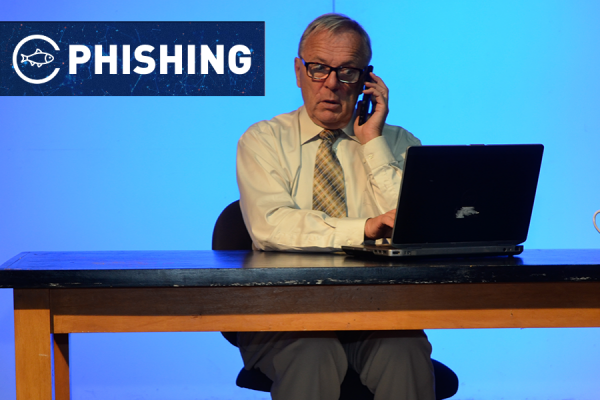 UWindsor is partnering with Habitat for Humanity Windsor-Essex to produce the first 3D-printed residential homes in Canada
UWindsor is partnering with Habitat for Humanity Windsor-Essex to produce the first 3D-printed residential homes in Canada
A team of researchers from the University of Windsor’s Centre for Engineering Innovation has partnered with Habitat for Humanity Windsor-Essex to build Canada’s first 3D-printed homes for residential use.
“Habitat for Humanity believes everyone has the right to a safe, decent, affordable place to live,” says Fiona Coughlin, executive director and CEO of Habitat for Humanity Windsor-Essex. “As this cutting-edge technology is evolving, we are excited to partner with the University of Windsor to find ways to provide housing solutions in our community.”
Coughlin notes that current building codes in Canada are not written with these novel 3D-printing technologies in mind. One of the goals of the project is to design a 3D-printed home that meets residential building code requirements and produce landmark precedents for future practices in cost-effective and environmentally sustainable home construction across the country.
Civil engineering professor and University of Windsor project lead, Dr. Sreekanta Das, says the project will help address a vital need for a more affordable and environmentally sustainable housing market. He, alongside a team of engineering graduate students and laboratory technicians, will 3D print concrete segments on a large-scale, industrial printer in the university’s Structural Engineering Testing Lab — one of the largest and tallest in Canada — and test them exhaustively for strength, sustainability and durability to ensure they’re safe for residential use.
“Traditional concrete construction requires more materials,” Das says. “Panels, usually made of wood, are used to create enclosures into which concrete can be poured to form a mold. With 3D printing, the need for panels is eliminated, eventually making construction much cheaper and faster.”
Das says 3D-printed construction also significantly reduces greenhouse gas emissions generated by the construction industry. A house can be printed with as little as three people within a significantly shorter timeframe and at a much lower cost. He estimates that once these construction processes are perfected, multiple homes can be printed within a few days.
The team is setting its sights on completing four 3D-printed, residential homes for Windsor-Essex community members in need by April 1, 2022.



